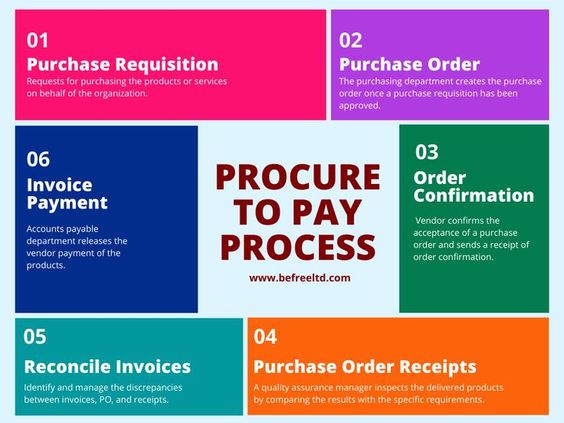Procurement is the process of acquiring goods, services, or works from an external source, often via a tendering or competitive bidding process. It is used to ensure that goods and services are obtained at the best possible price, with the right quality and in the right quantity.
The Basics of Procurement
Procurement is the process of obtaining goods, services, or works from an external source, often via a tendering or competitive bidding process. It is used to ensure that goods and services are obtained at the best possible price, with the right quality and in the right quantity. The goal of procurement is to obtain the best value for money, while ensuring that all legal and ethical considerations are taken into account.
Types of Procurement
There are two main types of procurement: direct and indirect. Direct procurement refers to the purchase of goods and services directly from a supplier, while indirect procurement refers to the purchase of goods and services from a third party.
The Procurement Process
The procurement process typically involves the following steps:
1. Defining requirements: This involves defining the scope of the procurement, the desired outcomes, and the budget available.
2. Identifying suppliers: This involves researching potential suppliers and evaluating their capabilities.
3. Negotiating terms: This involves negotiating the terms of the purchase, such as price, quantity, and delivery time.
4. Selecting a supplier: This involves selecting the supplier that best meets the requirements.
5. Awarding the contract: This involves awarding the contract to the selected supplier.
6. Executing the contract: This involves ensuring that the supplier meets the terms of the contract.
7. Monitoring performance: This involves monitoring the supplier’s performance to ensure that the goods and services are delivered as agreed.
The Benefits of Procurement
Procurement offers a number of benefits, including:
• Cost savings: Procurement ensures that goods and services are obtained at the best possible price.
• Quality assurance: Procurement ensures that goods and services are of the right quality.
• Time savings: Procurement ensures that the goods and services are obtained in the right quantity and on time.
• Risk management: Procurement ensures that all legal and ethical considerations are taken into account.
The Challenges of Procurement
Procurement can be a complex and time-consuming process, and there are a number of challenges that need to be addressed. These include:
• Lack of resources: Procurement requires a significant amount of time and resources to research potential suppliers and evaluate their capabilities.
• Complex regulations: Procurement is subject to a number of complex regulations and laws, which can be difficult to navigate.
• Vendor selection: Selecting the right supplier can be a difficult and time-consuming process.
• Contract management: Ensuring that the supplier meets the terms of the contract can be challenging.
You might find these FREE courses useful
- Top Program Procurement Planning With Clickup
- Top Global Public Procurement Courses
- Top Procurement Courses – Learn Procurement Online
- Top Procurement Basics Courses
- Procurement Basics
- Strategic Procurement and Sourcing Conclusions
Conclusion
Procurement is an essential part of any business and is a key factor in ensuring that goods and services are obtained at the best possible price, with the right quality, and in the right quantity. By understanding the basics of procurement and the challenges that need to be addressed, businesses can ensure that their procurement process is efficient and effective.
